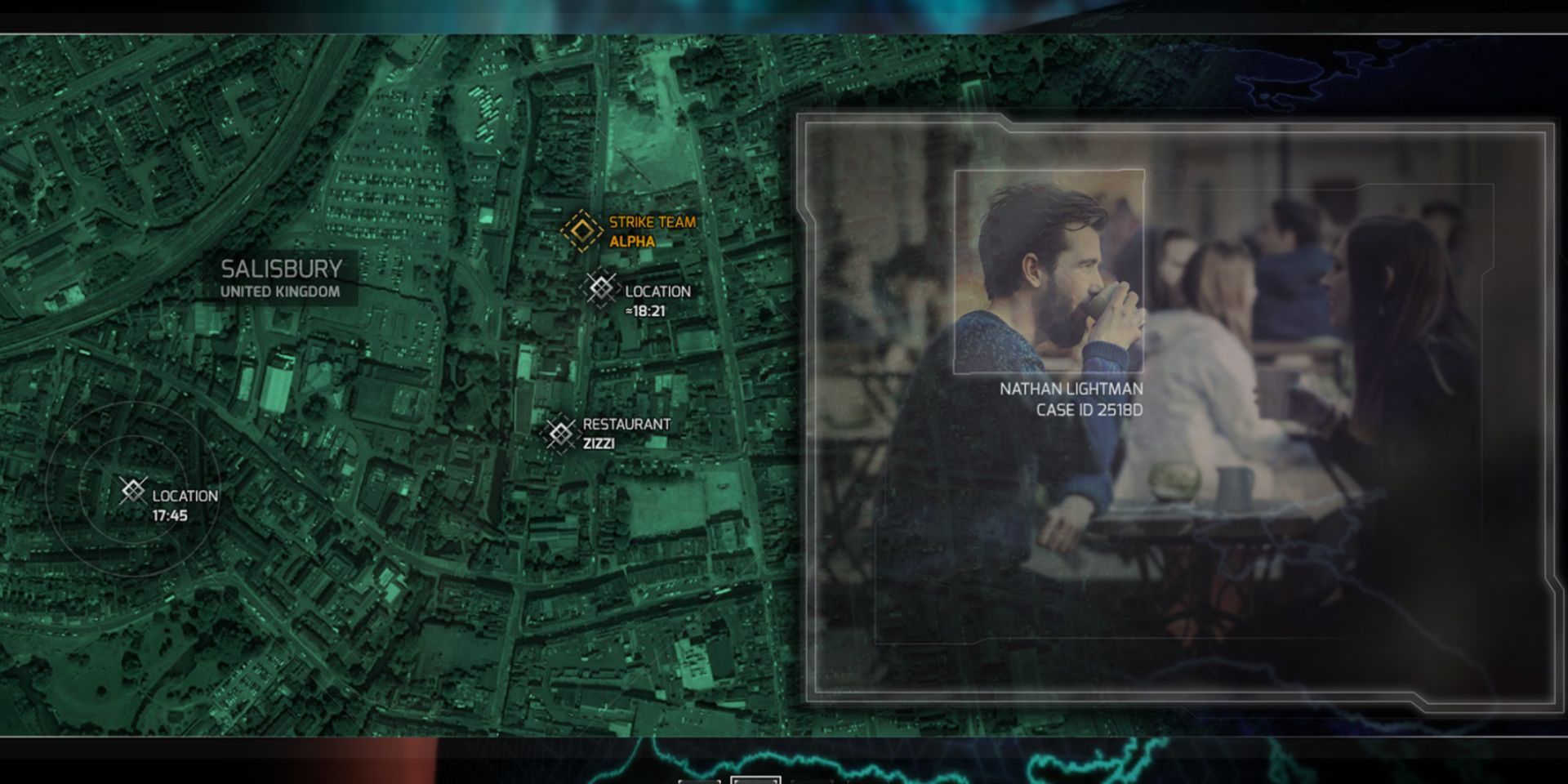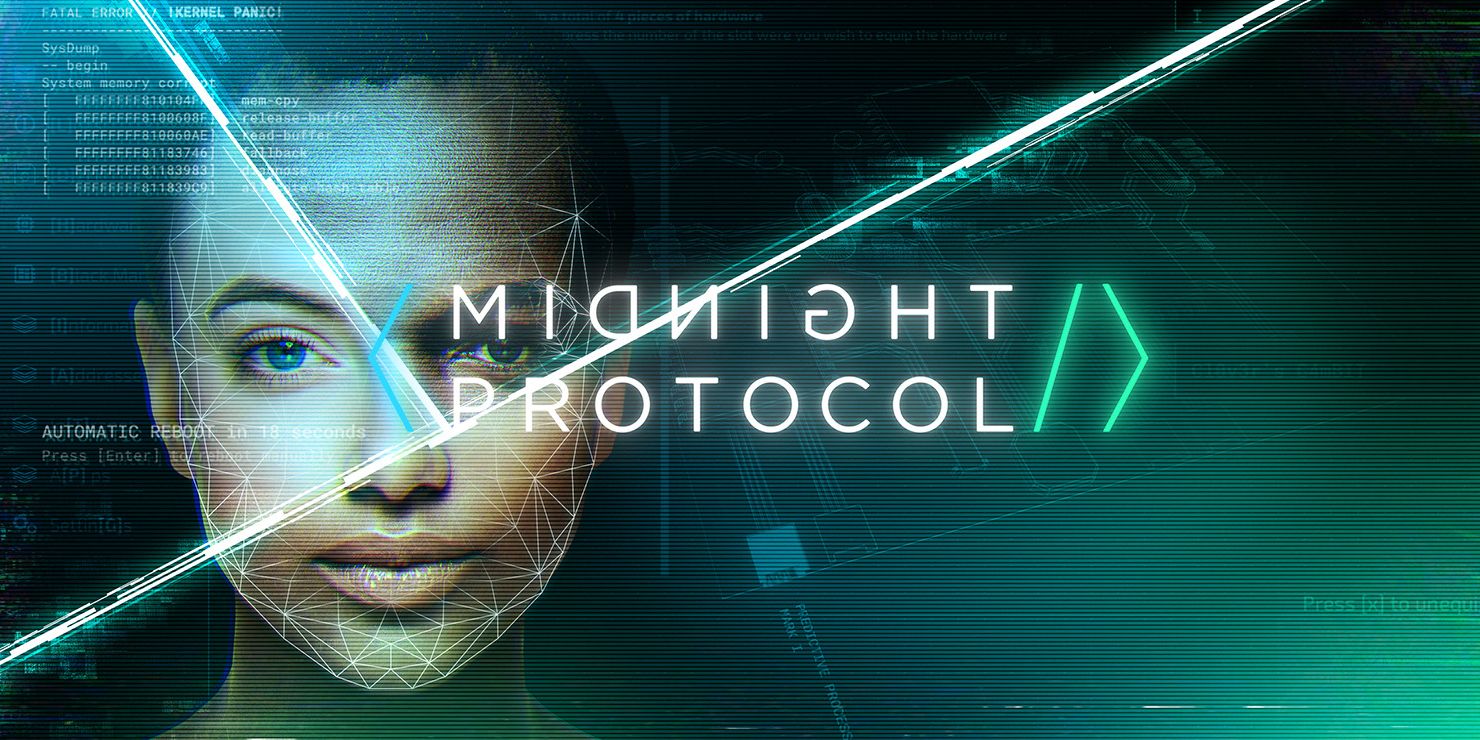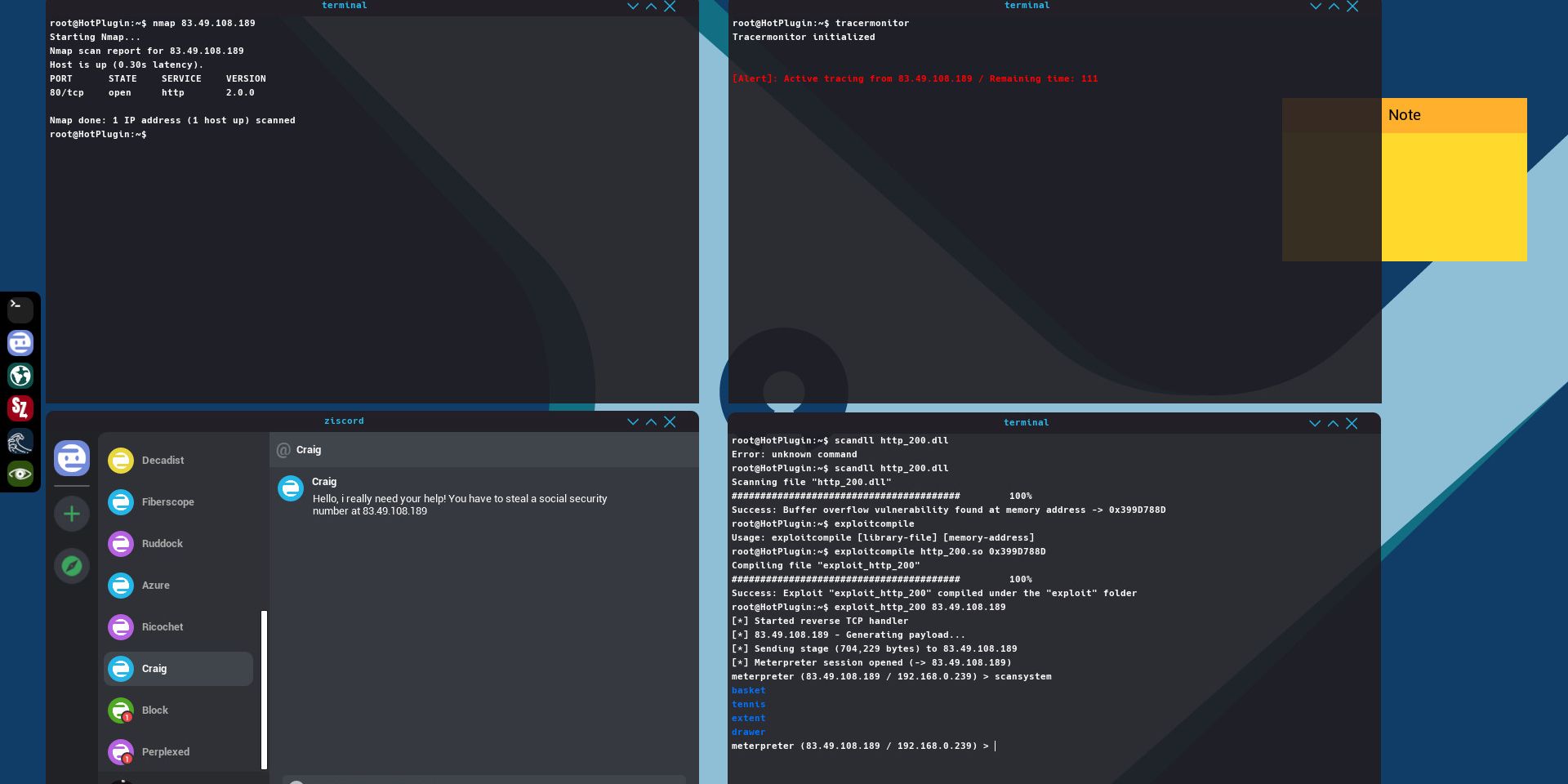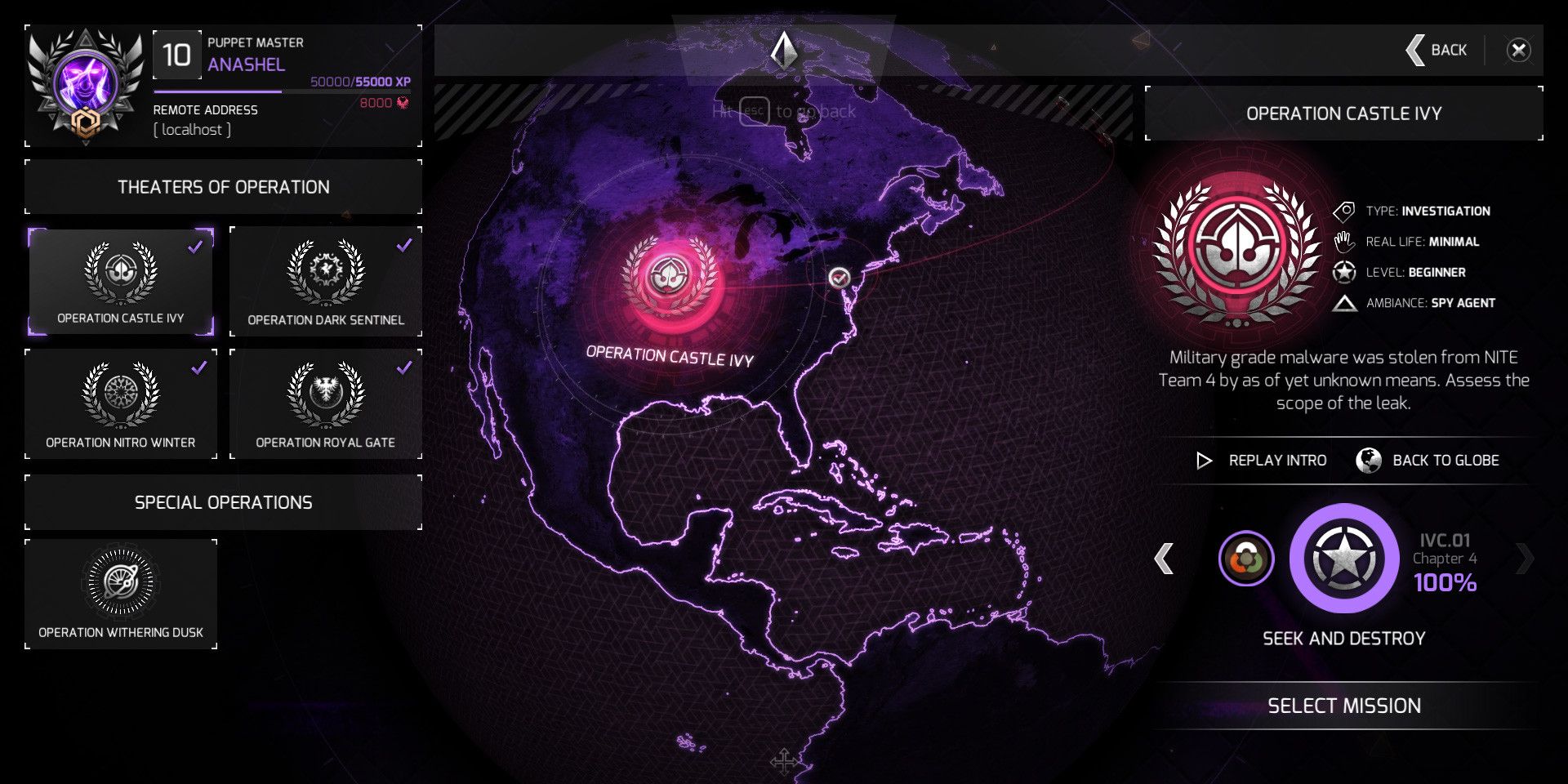Hacking Video Games For People Who Like Movie Hackers

There's real-life computer hacking - the trial-and-error process of searching for gaps in network security and tricking people into giving up their passwords - and then there's the computer hacking seen in Hollywood films like Hackers and video games like Watch Dogs 3, where "black hat" programmers with trendy clothes and silly pseudonyms can crack into any server or hijack any TV screen by typing on their keyboards really quickly. Midnight Protocol, Hacknet, and other computer hacker-centric video games embrace both the reality and fantasy of computer hacking in their gameplay, generally simplifying real-world computer programming principles into a more accessible, entertaining form.
In the real world, computer hacking isn't visually exciting. Most computer hackers, be they "White Hat" or "Black Hat" in demeanor, spend hours, if not days, of time scanning through lines of computer code, searching for glitches, errors, or security loopholes that can be used to break into secure networks and servers. In other situations, they might use server farms to perform brute-force "hacks" such as DDOS attacks - which took down World of Warcraft's servers earlier in 2021 - or use tools such as phishing emails or malware to get their hands on people's private information. All these realistic forms of hacking are hard to depict in an entertaining fashion on TV or in video games.
Some of the hacking video games below try to present the discipline/lifestyle of computer hacking in an authentic, albeit dramatized fashion, while others lean more towards Cyberpunk 2077-style pattern puzzles or mini-games where the player shoots at abstract polygons in "Cyberspace." The upside of these stylized forms of hacking is that gamers don't need a degree in computer programming to play these games - just pattern recognition, observation skills, and a willingness to dig through the digital dirty laundry of digital people.

In the hacking game Midnight Protocol, players take on the role of a Hackitivist whose personal information gets leaked to the police. Determined to discover the identity of their "Doxxer," the player character tumbles down a rabbit hole of secrets, conspiracies, and tough moral choices. The branching-choice narrative of Midnight Protocol is generally conveyed to players through fictional emails and text messages, while the corporate/government databases the PC hacks into are represented by a gameplay mode where players hop between different nodes in a network and use keyboard commands to break through "ICE" barriers in a turn-based "combat mode."

Hacknet, a hacking simulator game with mystery elements published by Team Fractal Alligator in 2015, is about a protagonist who receives posthumous emails from a notorious computer hacker, asking the PC to uncover the truth behind their untimely demise. The terminal-based gameplay mechanics of Hacknet gradually immerse players in a simplified version of real-life hacking; a set of mod tools on the Steam Workshop lets fans design their own "hacking missions," while an educational version on itch.io is designed to teach players and CompSci students real UNIX commands and cybersecurity principles.

Hacker Simulator, recently released on Steam this October, has two gameplay modes. In the first gameplay mode, players use simplified versions of real-life hacking strategies such as searching for exploits, sending out phishing messages, or using special "brute-force" programs to discover passwords through a cascade of randomized guesses.
The other gameplay mode of Hacker Simulator is a first-person crafting game system where players gradually build their own customized "hacker-cave," purchasing new hardware, organizing their server towers, and constantly switching between new wi-fi networks to stay undetected.

Most computer hacking-focused games put players in the shoes of lone-wolf hackers or Watch Dogs 3-style rebel collectives. Nite Team 4: Military Hacking Division, in contrast, tells the story of a cybersecurity specialist hired by intelligence agencies to track down criminals through surveillance, run cyber warfare operations, and even coordinate military operations and raids. The terminal-focused gameplay of Nite Team 4: Military Hacking Division, currently available on Steam, is centered around typing Kali-Linux inspired commands into terminals and also has an "Alternate Reality" mode where players can complete in-game objectives by visiting websites and calling phone numbers outside of the game.
Sources: Steam – Hacker Simulator, Steam – Nite Team 4: Military Hacking Division, itch.io
from ScreenRant - Feed https://ift.tt/3CEHNzf
via Whole story

Post a Comment